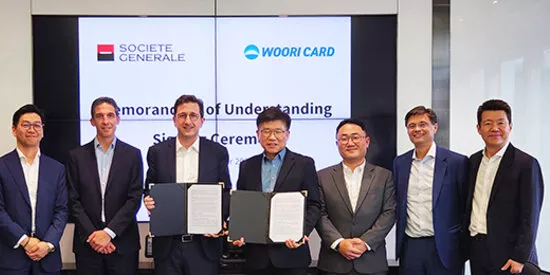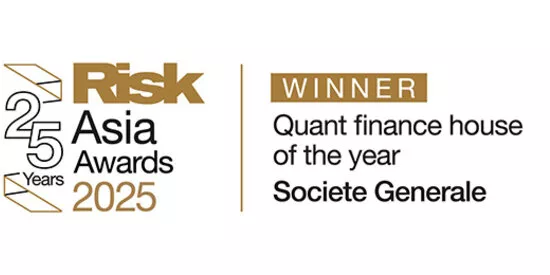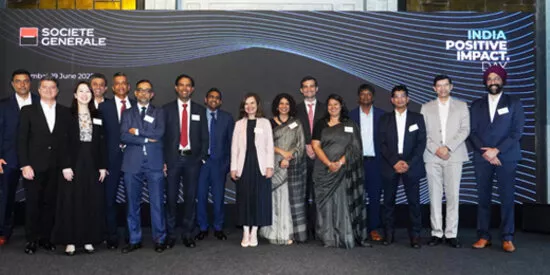
How is ESG Reporting changing and what are the driving forces?
As a highly regulated industry, financial services providers lead the way in Environmental, Social & Corporate Governance (ESG) reporting. But this remains a work in progress: growing demand from policymakers and investors alike for consistency in ESG reporting will drive further convergence in the standards used globally by banks, asset managers and listed companies.
A viewpoint by Pascal Lambert, Singapore Group Country Head, Societe Generale
From policymakers to the general public, sustainability is becoming a top priority around the world. This shift is raising stakeholders’ expectations that companies will align to a common set of ESG standards. Understanding this drive towards ESG alignment over recent years requires familiarity with the United Nations Sustainable Development Goals (SDGs) and the Paris Agreement on climate change, which provide overarching goals that companies can address in their ESG reporting.
In our view, companies pursue two different approaches toward ESG reporting:
Reactive: As banks implement rigorous ESG screening, companies start looking into their own carbon footprint and sustainable projects. They begin to adjust their business models, especially if this will help secure liquidity from banks.
Proactive: Companies have a genuine intention or strategic business interest in contributing to the SDGs and take action of their own accord. As well as undertaking significant projects involving renewable energy or sustainable technologies, these companies will also consider initiatives related to social impact. The challenge for banks then becomes these projects with their more traditional lending criteria.
To ensure the bank can meet customers’ evolving needs while continuing to honour its own commitment to ESG principles and reporting standards in a consistent manner, Societe Generale has embedded ESG as a guiding principle in all its strategy, governance, and business practices. We have a number of commitments to keep in alignment.
In 2001, Societe Generale become the first listed French bank to sign the Statement of Commitment by Financial Institutions on the Environment and Sustainable Development coordinated by the United Nations Environment Programme (UNEP), an initiative to mobilise private sector finance for sustainable development. In 2003, we joined the United Nations Global Compact (UNGC), the world’s largest corporate sustainability initiative, in which companies commit to put sustainability, social responsibility and governance at the heart of their business practices.
We are also aligning our strategies and activities to various Corporate Social Responsibility (CSR) charters and principles, including the UN Global Compact’s ten principles covering human rights, labour, environment and opposing corruption. This in turn led the Bank to sign the Principles for Responsible Investments (UN PRI), as well as being one of the founding signatories of the Principles for Responsible Banking.
Alignment with these initiatives helps us better understand and direct our sustainability efforts, progressing toward our targets in a more coordinated way.
Our business development goals also reflect our commitment – we are one of the five Katowice Banks to collaborate on ensuring their lending activities are aligned to the UN Paris Agreement. And Société Générale was a co-founder of the Poseidon Principles, which enables us to apply a clear framework that takes climate considerations into account when financing maritime transport – for example by using accepted standards for decarbonisation.
We are starting to see encouraging results: RobecoSAM’s (now S&P SAM) annual sustainability ranking placed Societe Generale first worldwide on environmental topics in 2019. Financial research firm Autonomous ranks the bank second in the climate risk management category, citing the quality of information in our TCFD report as ‘best in class’.
Singapore’s leadership
In Singapore, a significant number of firms have signed up to the UN Global Compact. These are a combination of large companies and small and medium-sized enterprises. A further two local companies participate in the UN Environment Programme Statement by Financial Institutions.
The Singapore Stock Exchange (SGX) requires all listed companies to issue an annual sustainability report, reflecting the international consensus on the importance of reporting on companies’ ESG progress. Societe Generale no longer considers these disclosures to be ‘non-financials.’ Instead, we classify them as ‘extra-financial performance’ in our Integrated Report – a significant step toward standardising reporting requirements across our divisions.
ESG reporting challenges
While there are clear principles and goals for ESG alignment, worldwide standardisation of ESG metrics and reporting needs to improve. Among many others, two main obstacles to clear and consistent reporting of ESG metrics still need to be overcome.
A proliferation of reporting standards: Scattered initiatives and the differing methodologies adopted by third-party service providers like credit rating agencies, market research firms and verifiers lead to inconsistency. In turn, this leads to ESG data with poor comparability and reliability. Societe Generale has adopted the framework provided by the Task Force on Climate-Related Financial Disclosures (TCFD), which has been endorsed and incorporated into mandatory reporting regimes by regulators in the European Union (EU).
The data challenge: Many companies, especially those with smaller market capitalisations, have difficulty in allocating sufficient resources to collect, sort and analyse data accurately in all areas of ESG. Some ESG survey questions can be challenging for a company to answer, producing incorrect or incomplete responses. And for complex multinational companies, tracking the full carbon value chain is also a complicated task.
Ongoing consolidation
As a bank, we take direction from our regulators, both at home and in the countries where we operate, so regulatory requirements tend to drive harmonisation of our ESG reporting standards. The EU commission is moving fast to consolidate reporting standards, and these are increasingly reflected in Asia. Singapore’s MAS has implemented a taskforce to gather banks, insurance companies and asset managers to address this same issue, referencing TCFD in their latest report. Ultimately, we see greater consolidation of reporting standards in the near future, with the majority of companies adopting a handful of the key global standards.
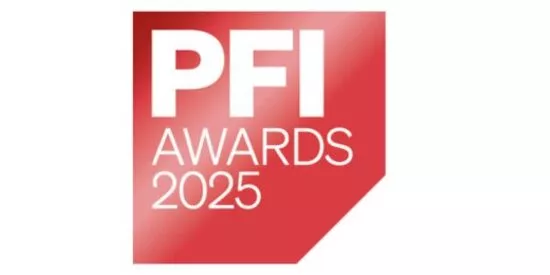
Societe Generale named "Americas Bank of the Year" by PFI
Societe Generale has demonstrated its leadership in project and infrastructure finance, earning several recognitions...
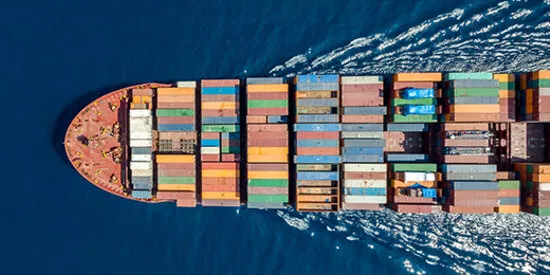
Why ship finance will keep steaming ahead in 2026
By Pierre Carassus, Head of Maritime Industries, Asia-Pacific at Societe Generale.
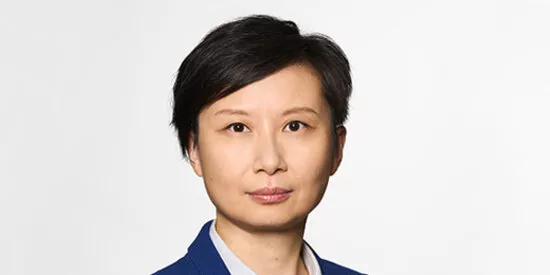
Societe Generale Appoints Wei Yao as Global Chief Economist
Societe Generale is pleased to announce the appointment of Wei Yao as Global Chief Economist for its Corporate and...

Transition finance is Asia’s opportunity to show leadership
By Tessa Dann, Head of Sustainable Finance, Asia Pacific

